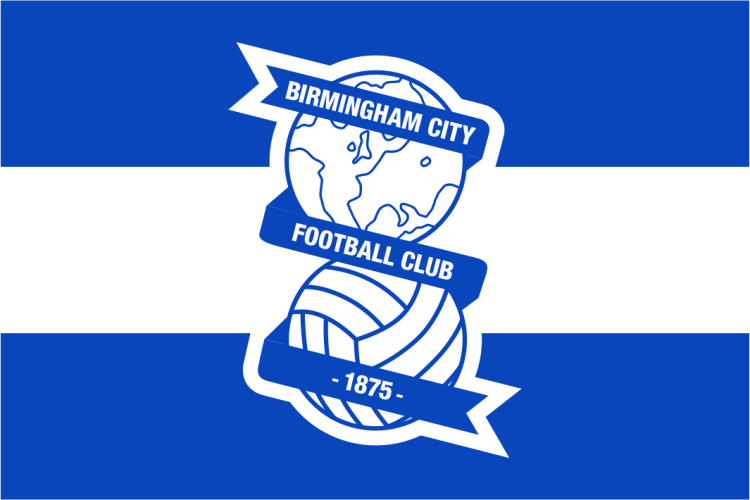
Wolverhampton Wanderers, affectionately known as Wolves, is one of the oldest and most respected football clubs in England. Founded in 1877, Wolves boast a rich history filled with domestic triumphs, European adventures, and a passionate fanbase that bleeds gold and black. From their early dominance in English football to their modern-day resurgence in the hm88 Premier League, Wolves have consistently embodied grit, ambition, and flair.
A Historic Beginning
Wolves were one of the founding members of the Football League in 1888, making them a pillar of English football. The club, based in the city of Wolverhampton in the West Midlands, quickly established itself as a serious force. Known for their hard-nosed style and community roots, Wolves became synonymous with competitive, no-nonsense football throughout the early 20th century.
Impressive Goal Tally
Over the decades, Wolverhampton Wanderers have scored more than 7,000 goals across all competitive matches, making them one of the most prolific scoring clubs in English football. In league competition alone, Wolves have netted over 5,500 goals, with legendary strikers such as Steve Bull, John Richards, and Raúl Jiménez leading the line in different eras.
In European competitions, Wolves have scored over 50 goals, including memorable campaigns in the UEFA Cup and more recently in the UEFA Europa League, where they reached the quarterfinals in the 2019–20 season.
Trophy Cabinet Highlights
Wolves have an illustrious collection of trophies that reflects their golden era and continued relevance in modern football:
- First Division Champions (now Premier League): 3 titles
Wolves lifted the English top-flight title in 1953–54, 1957–58, and 1958–59, under the legendary management of Stan Cullis. - FA Cup Winners: 4 times
Wolves claimed the prestigious FA Cup in 1893, 1908, 1949, and 1960, with their victories in the post-war years cementing their dominance in domestic football. - EFL Cup (League Cup): 2 titles
The club also added League Cup triumphs in 1974 and 1980 to their honors. - FA Charity Shield: 4 wins (shared included)
They have also had success in the Community Shield, further proving their consistency during different eras.
European Campaigns
Wolves made a big impression in Europe during the 1971–72 UEFA Cup, reaching the final before narrowly losing to Tottenham Hotspur. Their resurgence in the late 2010s saw them return to European football, most notably reaching the UEFA Europa League quarterfinals in 2020, showing they can still challenge on the continental stage.
Molineux Stadium – Fortress of the Wolves
Wolves have called Molineux Stadium home since 1889. With a capacity of over 31,000, Molineux is one of the most historic and atmospheric grounds in England. The stadium has seen legendary matches, thrilling victories, and dramatic nights under the lights. It remains the heart and soul of Wolverhampton’s football culture.
Legends of the Pack
Wolves have produced and nurtured many iconic players, including:
- Steve Bull – The club’s all-time top scorer with over 300 goals.
- Billy Wright – The first footballer to earn 100 caps for England and a Wolves legend.
- Ron Flowers – A key member of England’s 1966 World Cup-winning squad.
- Raúl Jiménez – A modern-day fan favorite and clinical striker.
The Modern Wolves
Since returning to the Premier League in 2018, Wolves have become one of the most exciting and dynamic teams in English football. Their mix of Portuguese flair, tactical discipline, and attacking intent under managers like Nuno Espírito Santo and his successors has brought new glory days to Molineux.
Conclusion
Wolverhampton Wanderers is more than just a football club—it’s a legacy of tradition, tenacity, and triumph. With over 7,000 goals scored and a trophy cabinet brimming with honors, Wolves continue to inspire generations of fans and fight proudly in England’s top tier.

